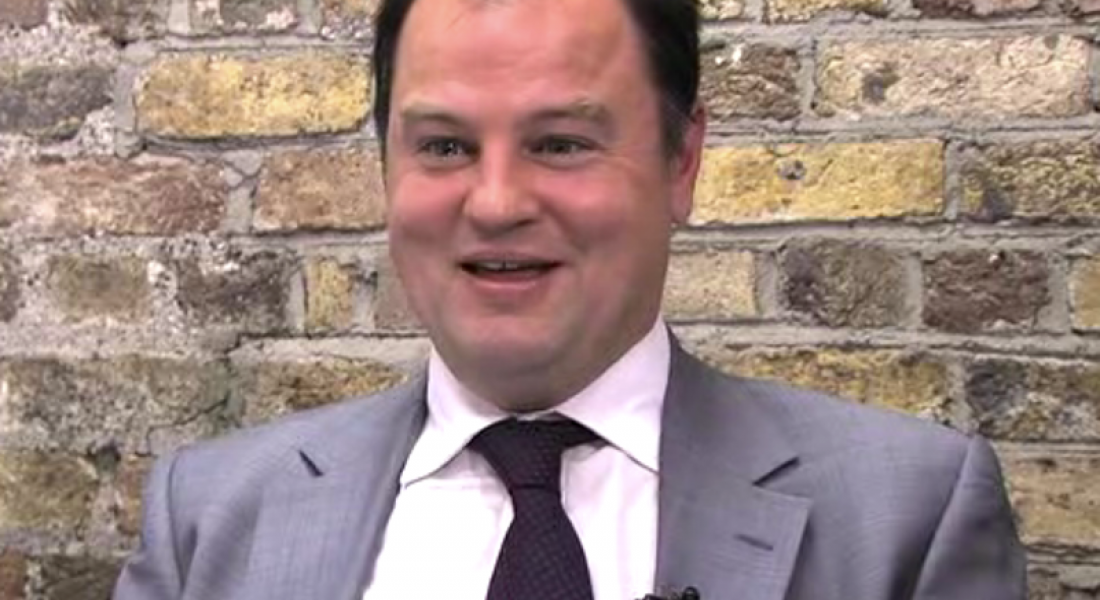From developers to infrastructure specialists, testers and data scientists – there’s an overwhelming worldwide demand for just about every IT skillset, and a new report from Hays Ireland suggests women are an untapped resource that could plug this global skills gap.
Ireland is the second-largest exporter of computer and IT services in the world and is home to numerous world leaders in tech. In 2012, there were 68,280 IT professionals working in Ireland, and Forfás predicts an average increase of 5pc per year up to 2018, increasing the employment of IT professionals to 91,000.
However, less than one-quarter of the IT workforce in Ireland is female.
In a report entitled Women in IT: Untapped answer to the skills shortage?, IT recruitment specialist Hays Ireland presents both qualitative and quantitative research on this gender disparity and makes suggestions on how to achieve greater balance.
Hays surveyed 150 successful female IT professionals, ranging in age from 18 to 64, from start-ups, SMEs and large national and multinational corporations, and more than half had a least a decade’s worth of IT experience.
Three-quarters of these women had not set out for a career in IT, and one-third cited a lack of educational support as a barrier to access. A further 23pc had encountered sexism in their careers.
Encouragingly, though, 62pc believe IT offers a good work-life balance.
Hays also conducted a case study of the CoderDojo Girls movement started by IBM developer Niambh Scullion, which celebrated its first anniversary just last week.
James Milligan on the Hays Ireland Women in IT report
According to Hays Ireland, if female participation increased to 50pc of the total workforce, that would mean more than 17,000 extra jobs filled, at the very least – but getting there will require reform.
Director James Milligan explains there are many factors that contribute to gender inequality in IT, including education, perceptions, lack of support and other barriers.
Hays’ recommendations centre on culture, education, and the work environment.
In terms of education, the need for reform is apparent and the introduction of IT as an examination subject for Junior and Leaving Certificate could make a huge difference, as would following in the UK’s footsteps by introducing coding at primary-school level. Teachers will need training to meet these needs, of course, and Hays suggests providing an online careers information portal for parents, students and teachers.
In the work environment, the stereotypes of male and female career types need to be smashed and female role models in the IT industry need to be highlighted.
In terms of culture, an increased uptake of smart and remote working for parents and increased paternity support would be beneficial for both men and women, while social mentoring networks for women at all levels in the IT industry are also recommended.
Click here to download a copy of the Hays Ireland report.
Women Invent Tomorrow is Silicon Republic’s campaign to champion the role of women in science, technology, engineering and maths. It has been running since March 2013, and is kindly supported by Accenture Ireland, Intel, the Irish Research Council, ESB, CoderDojo and Science Foundation Ireland. You can nominate inspiring women in the fields of STEM via email to womeninvent@siliconrepublic.com or on Twitter to @siliconrepublic.




